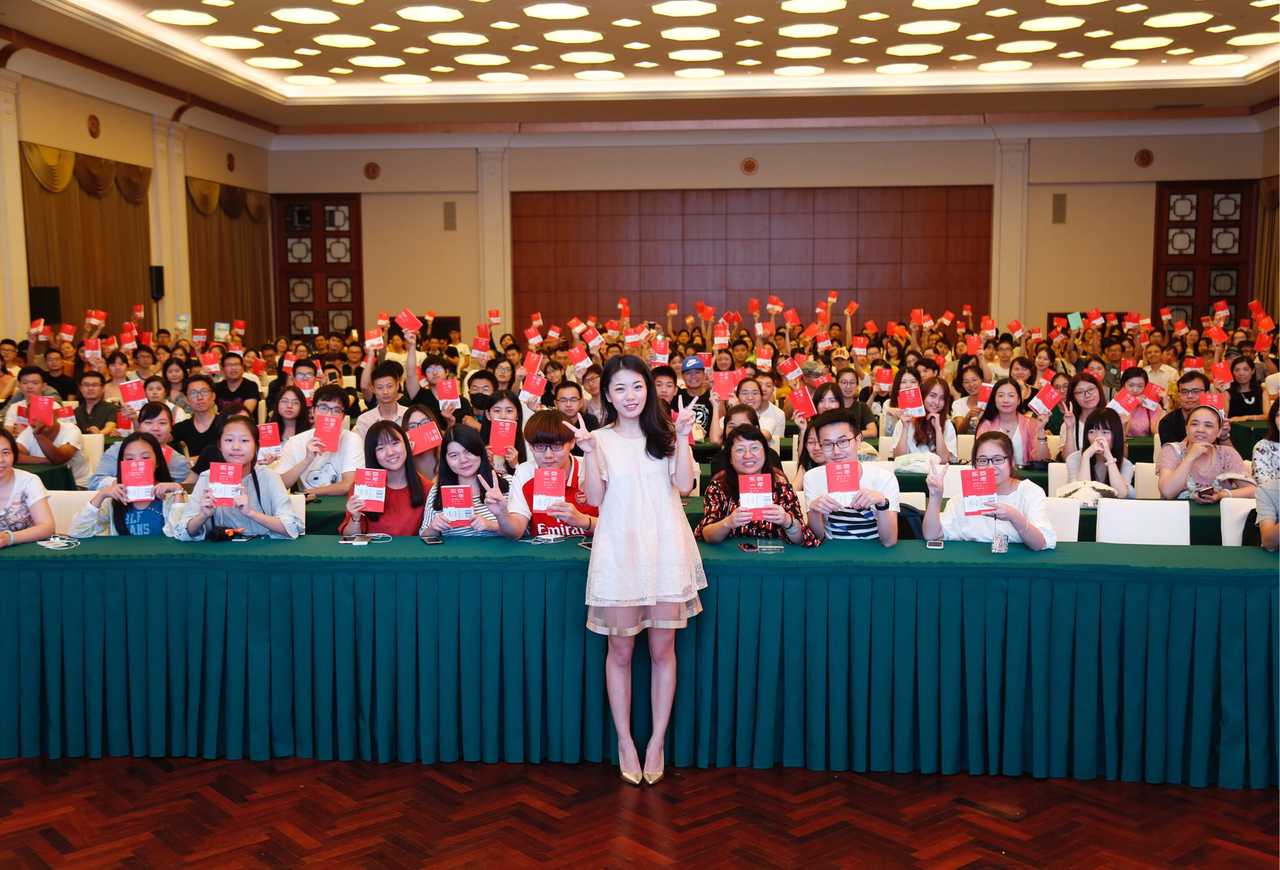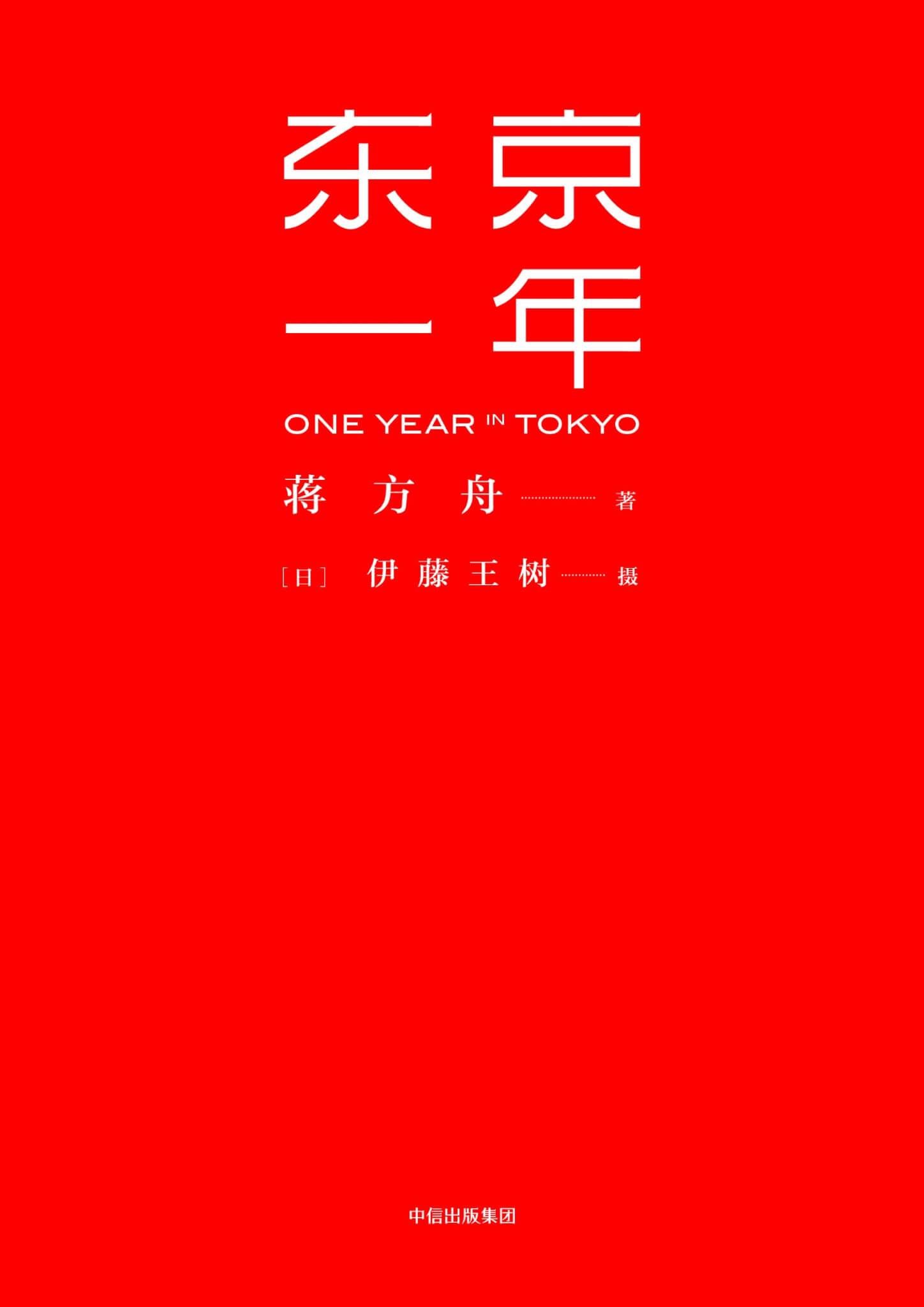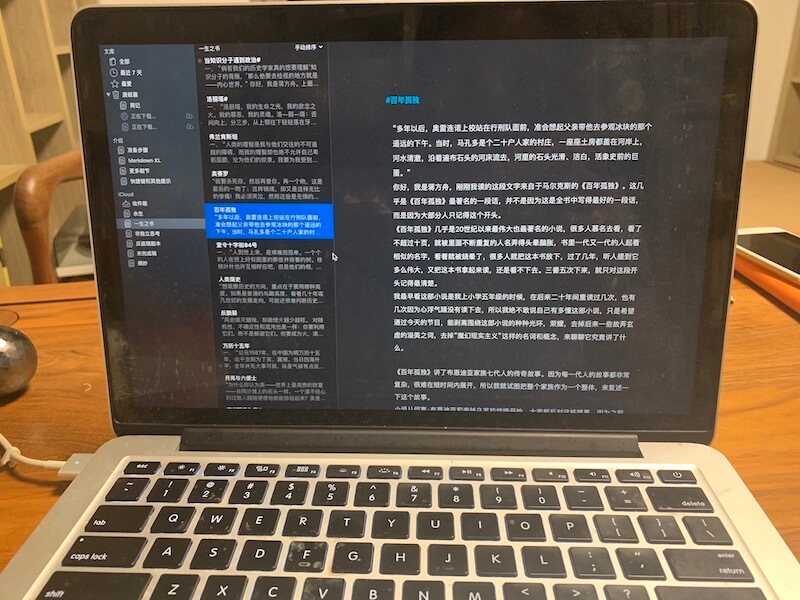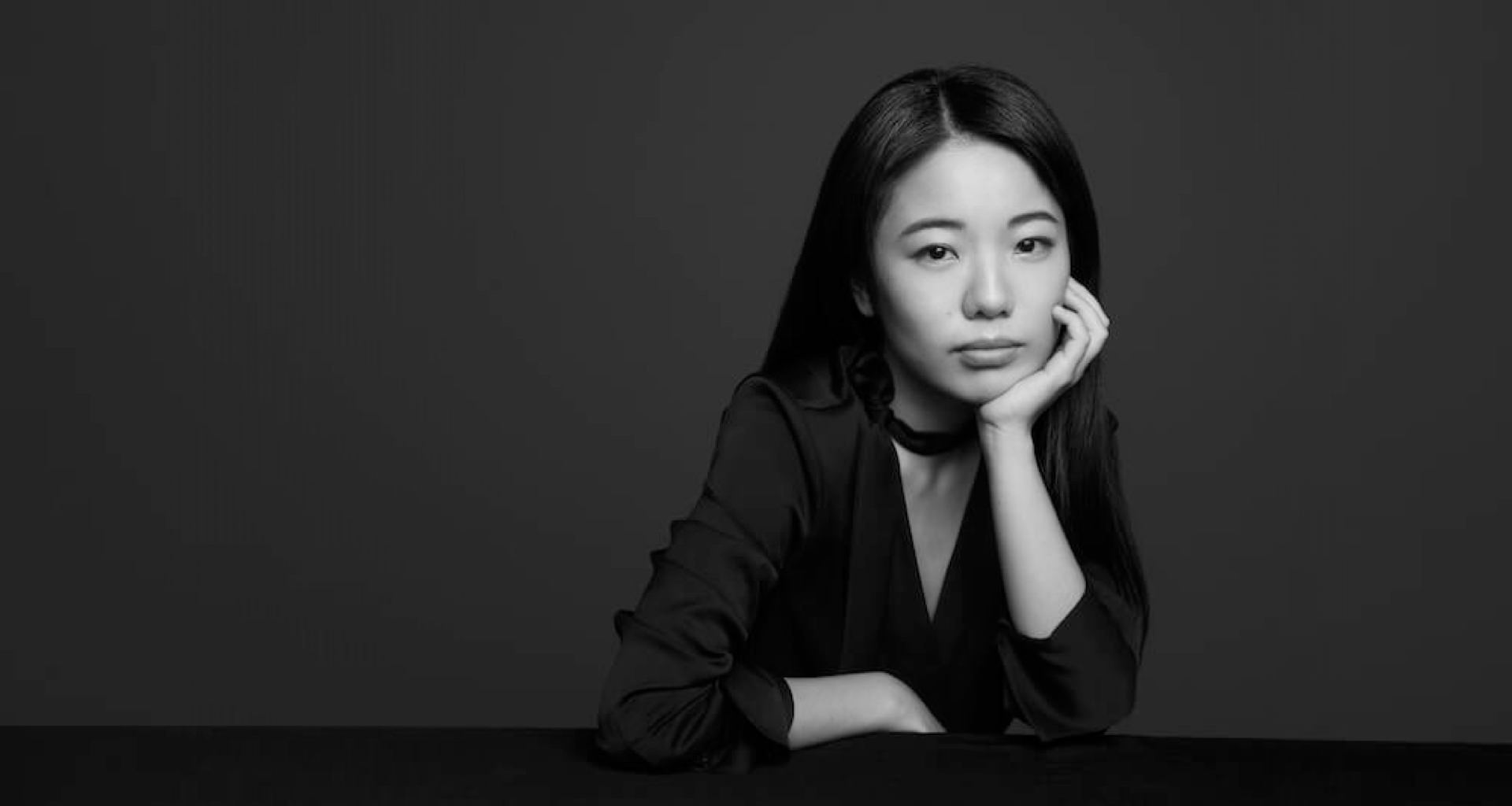Fangzhou Jiang has been writing for more than 23 years: She started at the age of six, published her first book at ten, and never stopped. Fangzhou is still popular all over China as “the talented young writer”. Today, she works as the associate editor of New Weekly, one of China’s most important and influential magazines and has more than eight million followers on the Chinese social media service Weibo.
Please tell us something about you and what you are working on.
My name is Fangzhou Jiang. I´m originally from Xiangyang, a city northwest of Hubei province, China. I am currently working and living in Beijing. I’m turning thirty this year and I have been writing since I was seven, more than two decades. Throughout my writing journey, I have published dozens of books. Currently, I am working on a new novel.

You published your first book at the age of ten. At what point did you decide to become a professional author?
I started reading literature at the age of six or seven. Literature, in fact, fascinated me much earlier than any other art form. To some extent, I didn’t see myself having any other options. I’ve grown to like writing literature, it enables me to find inner peace and gives me tremendous pleasure. Hence, I would say literature has chosen me instead.
Which writers or books have influenced you the most and why?
In recent years, Joseph Conrad has influenced me the most. I am obsessed with his books “Lord Jim” and “Heart of Darkness” in particular. For one thing, I admire his lifestyle. Having spent most of his life at the sea, Conrad reconstructed his identity in different cultures around the world.

Most Chinese writers, in my opinion, are focused on where they’re coming from, writing about their home country and their hometowns. However, I consider myself to belong to the generation of urbanization and globalization. In my generation, we wander in a multicultural world and live in a society with all kinds of conflicts. Under these circumstances, there is no real sense of “home” for people like me.
On top of that, I see Conrad as a prophetic writer. Many cultural conflicts in his novels can still be observed in the contemporary world.
What are your favorite writing topics?
The power of vulnerability and human nature are my favorite writing topics. People behave differently in extreme situations. Some quickly become fragile and distorted. But there are others who remain resilient and display remarkable moral courage.
What would you say are the pros and cons of being an author?
For me, being more tolerant and open-minded toward the world and people is the most distinctive advantage an author can enjoy in real life. In the world of fiction, there is a wide variety of subjects and characters from all walks of life, so authors look at them with maximum tolerance.
On the con side, most authors live a narrow and circumscribed life because writing happens when one is alone, not socially engaged. Therefore, it is rather difficult for an author to have in-depth access to other areas of life.
What are, in your opinion, the most important characteristics for an author to become successful? And what qualities and experiences do you think have most shaped who you are today?
Despite recurring self-doubt, a successful writer should be dedicated to excellence all the way.
Being faithful, as far as I can see, is the most important characteristic a successful author should possess. I think there is a slight difference between having faith in oneself and being self-confident. Faith is an unshakable belief in one’s particular oeuvre. Many authors may doubt themselves in the creative process. They are uncertain whether their work is good enough and will it find an audience. Moreover, they occasionally have to overcome the lack of inspiration when writing. So, despite recurring self-doubt, a successful writer should be dedicated to excellence all the way.
I have been a sensitive person since I was a child. Fortunately, I can easily cope with my negative emotions. Instead of immersing myself into negative feelings for so long, I’m able to get out of it with rationality. From a young age, my life is full of public attention and sometimes controversy, so I don’t let other people’s opinions bother me.

On top of writing books, you work as a vice editor at New Weekly, one of the most popular magazines in China, and you’re a prominent figure in the Chinese public. You must have a very busy schedule. How do you manage to carve out time for your own writing?
I don’t like a life slammed with a lot of work, but I do enjoy traveling. I schedule overseas trips several times per year. My daily life isn’t that glamorous. I would rather spend most of my time staying at home than being engaged in social activities or hanging out with friends.
Regarding time management, I make sure that I spend most of my energy writing in the morning, as it is easier for me to stay fully focused during this daytime. I deal with the trivial things in the afternoon. Recently, I cut back on my smartphone use, spending less time on social media and trying to limit my use to less than two hours per day. Hard work is what I consider the essence of writing. I find I am more productive and motivated writing my books with some classical music.
What is a typical day in Fangzhou Jiang’s life like? Could you describe your writing habits and routines?
My day is pretty simple. I get up around 8 am, and then prepare my breakfast as well as do some chores. My daily writing time is from 9 am to 4 or 5 pm. After that, I usually read books, eat dinner and keep my diary. In the evening, I will do some sports while watching cartoons. I go to bed around half past 10. With fewer social activities and parties, I’d truly live a simple life.
How did you come across Ulysses? Could you please explain how Ulysses has helped you?
I came across Ulysses by chance. Someone on the internet recommended it as an ideal app for novel-writing. So I downloaded the app and started using it. At present, Ulysses is my main writing app. I’ve used Ulysses to write more than a million words so far.

What do you like best about Ulysses? Do you have a favorite feature?
Ulysses is simple and graceful. I love the dark mode, which makes me feel at peace when I’m crafting. Besides, I really like the ability to view previous versions without worrying about losing my work.
What I really like most is the grouping in the library. I write different kinds of texts, including novels, novellas, essays, book reviews, and speech scripts for audiobook programs. With a proper archive, I can easily track and review and my works.
What other tools and apps do you use and how do they help you?

I sometimes use pen & paper to write. I feel I am more concentrated when I use traditional tools for writing. It’s not easy to correct words I have already written down, therefore; I have to be more careful about the words I choose.
Thank you for the interview!
